STATEMENTS OF POLICY
Title 49--PROFESSIONAL AND VOCATIONAL STANDARDS
STATE BOARD OF MEDICINE
[ 49 PA. CODE CH. 16 ]
Expert Witness; Statement of Policy
[38 Pa.B. 2661]
[Saturday, June 7, 2008]The State Board of Medicine (Board) hereby adopts § 16.52a (relating to expert witnesses--statement of policy) to read as set forth in Annex A.
A. Effective Date
The statement of policy will be effective upon publication in the Pennsylvania Bulletin.
B. Statutory Authority
Sections 8 and 9 of the Medical Practice Act of 1985 (act) (63 P. S. §§ 422.8 and 422.9) authorize the Board to promulgate regulations and policies addressing procedures to be followed in proceedings before it consistent with the requirements of section 9 of the act.
C. Background and Purpose
To enhance the quality of testimony given in disciplinary proceedings before the Board and the hearing examiners who hear matters on behalf of the Board, the Board is adopting as aspirational qualifications an expert witness should possess when they present evidence before the Board. The Board has found that expert testimony offered by witnesses who do not possess the same specialty qualifications as the respondent whose conduct is under review has led to the assertion of expert opinions that lack the thoroughness and accuracy that the nature of the proceedings before the Board demands. The Board is of the opinion that a physician should generally not offer an expert medical opinion in a disciplinary action before the Board alleging medical professional negligence, incompetence or violation of the standard of care unless that physician possesses sufficient education, training, knowledge and experience to provide credible, competent testimony as indicated by the qualifications in this statement of policy.
D. Description of the Statement of Policy
Section 16.52a(1) provides that persons should possess sufficient education, training, knowledge and experience to provide credible, competent testimony.
Section 16.52a(2) provides that an expert should possess the following qualifications: (1) an unrestricted physician's license to practice medicine in any state or the District of Columbia, and obtain minimally a temporary license from the Board for the purpose of performing any examination, or exercising diagnostic or other medical practices in preparing or providing the expert testimony; (2) be engaged in, or have retired within the previous 5 years from, the active clinical practice or teaching of medicine. However, an expert on a matter other than the standard of care may nevertheless be acceptable if the Board determines that the expert is otherwise competent to testify about medical or scientific issues by virtue of education, training or experience.
Section 16.52a(3) provides that experts testifying on standard of care issues should: (1) be substantially familiar with the applicable standard of care for the specific care at issue as of the time of the alleged breach of the standard of care; (2) practice in the same specialty and subspecialty as the respondent physician or in a subspecialty that has a standard of care substantially similar to the specific care at issue; and (3) in the event a Board-recognized certifying board certifies the respondent physician, the expert should also be board certified by the same or a similar approved board.
Under § 16.52a(4), an expert without the same subspecialty certification as the respondent may be acceptable when testifying on the standard of care for the diagnosis or treatment of a condition when: (1) the expert is trained in the diagnosis or treatment of the condition, as applicable; and (2) the respondent physician provided care for that condition and that care was not within the respondent physician's specialty.
Under § 16.52a(5), the expert witness may also be acceptable without possessing the same specialty, subspecialty and board certification of the respondent when the expert possesses sufficient training, experience and knowledge to provide the testimony as a result of active involvement in or full-time teaching of medicine in the applicable subspecialty or a related field of medicine within the previous 5-year time period.
Finally, under § 16.52a(6), the Board reserves its authority to apply its own expertise in determining the applicable standard of care in disciplinary matters before the Board, as that authority has been recognized by the Supreme Court of the Commonwealth.
E. Public Input
Initially the Board considered adopting a regulation in regard to expert witnesses. The Board also published proposed rulemaking and solicited input and suggestions from the regulated community and other parties who have identified themselves as interested in the Board's regulatory agenda. The Board received comments from the Hospital and Healthsystem Association of Pennsylvania, the Pennsylvania Medical Society and the Pennsylvania Academy of Family Physicians. After reviewing the comments received, and upon further consideration the Board felt that rulemaking was inappropriate because a regulation establishes mandatory requirements. The Board determined that the goals it wanted to establish for expert witnesses should be aspirational and not necessarily binding.
F. Fiscal Impact and Paperwork Requirements
There is no adverse fiscal impact or paperwork requirement imposed on the Commonwealth, political subdivision or the private sector.
G. Sunset Date
The Board continuously monitors its policies. Therefore, no sunset date has been assigned.
OLLICE BATES, Jr., M. D.,
Chairperson(Editor's Note: Title 49 of the Pa. Code is amended by adding a statement of policy in § 16.52a (relating to expert witnesses) to read as set forth in Annex A.)
Fiscal Note: 16A-4928. No fiscal impact; (8) recommends adoption.
Annex A
TITLE 49. PROFESSIONAL AND VOCATIONAL STANDARDS
PART I. DEPARTMENT OF STATE
Subpart A. PROFESSIONAL AND OCCUPATIONAL AFFAIRS
CHAPTER 16. STATE BOARD OF MEDICINE--GENERAL PROVISIONS
Subchapter E. MEDICAL DISCIPLINARY PROCESS AND PROCEDURES
HEARING EXAMINERS AND MEDICAL CONSULTANTS § 16.52a. Expert witnesses--statement of policy.
To enhance the quality of expert testimony given in disciplinary proceedings before the Board and its hearing examiners, persons appearing as expert witness should possess, whenever practicable, the following qualifications:
(1) General rule. Persons offering expert medical opinions in a disciplinary action before the Board and its hearing examiners should be able to demonstrate their competency to testify by showing that they possess sufficient education, training, knowledge and experience to provide credible, competent testimony in the specialty and subspecialty about which the expert intends to testify and should possess the additional qualifications set forth in this section, as applicable.
(2) Medical testimony.
(i) An expert testifying on a medical matter, including the standard of care, risks and alternatives, causation and the nature and extent of the injury, should:
(A) Possess an unrestricted physician's license to practice medicine in any state or the District of Columbia, and obtain at a minimum a temporary license from the Board.
(B) Be engaged in, or have retired within the previous 5 years from, active clinical practice or teaching of medicine.
(ii) On matters other than the standard of care, the Board may choose to accept testimony from a nonphysician expert who demonstrates competence to testify about medical or scientific issues by virtue of education, training or experience specifically related to the issues on which the testimony is proffered.
(3) Standard of care. In regard to testimony offered on the standard of care, an expert should:
(i) Be substantially familiar with the applicable standard of care for the specific care at issue as of the time of the alleged breach of the standard of care.
(ii) Practice in the same specialty and subspecialty as the respondent physician or in a subspecialty that has a substantially similar standard of care for the specific care at issue, except as provided in paragraph (4) or (5).
(iii) In the event a Board-recognized certifying board certifies the respondent physician, the expert should also be board certified by the same or a similar approved board, except as provided in paragraph (5).
(4) Care outside specialty. The Board may choose to accept testimony of an expert testifying on the standard of care for the diagnosis or treatment of a condition when the Board determines that:
(i) The expert is trained in the diagnosis or treatment of the condition, as applicable.
(ii) The respondent physician provided care for that condition and the care was not within the respondent physician's specialty.
(5) Otherwise adequate training, experience and knowledge. The Board may also choose to accept testimony as to a standard of care from an expert who does not possess qualifications in the same specialty or subspecialty of the respondent physician or does not possess the same board certification of the respondent when the Board determines that the expert nonetheless possesses sufficient current training, experience and knowledge to provide the testimony as a result of active involvement in research or full-time teaching of medicine in the applicable specialty or subspecialty or a related field of medicine.
(6) Application of Board's own expertise. Nothing in this subsection precludes the Board from applying its own expertise in determining the applicable standard of care in disciplinary matters before the Board.
[Pa.B. Doc. No. 08-1060. Filed for public inspection June 6, 2008, 9:00 a.m.]
[38 Pa.B. 2663]
[Saturday, June 7, 2008]
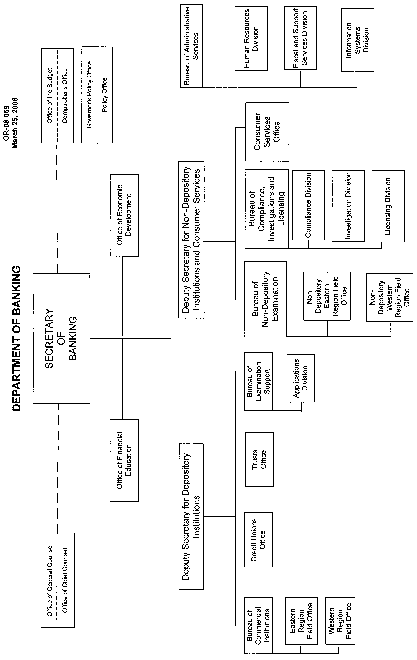
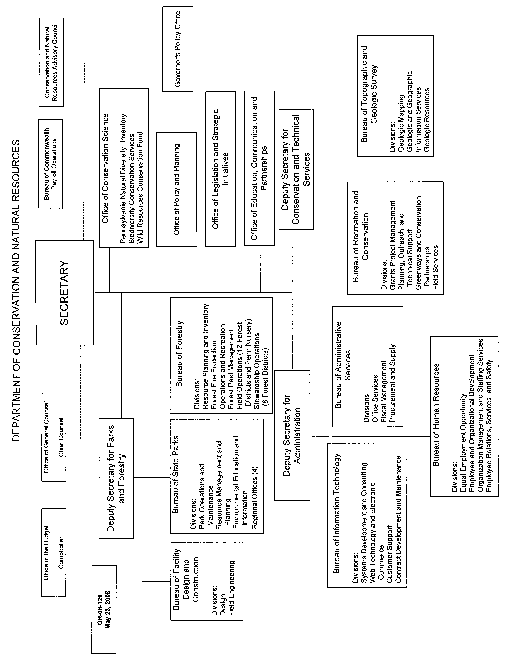
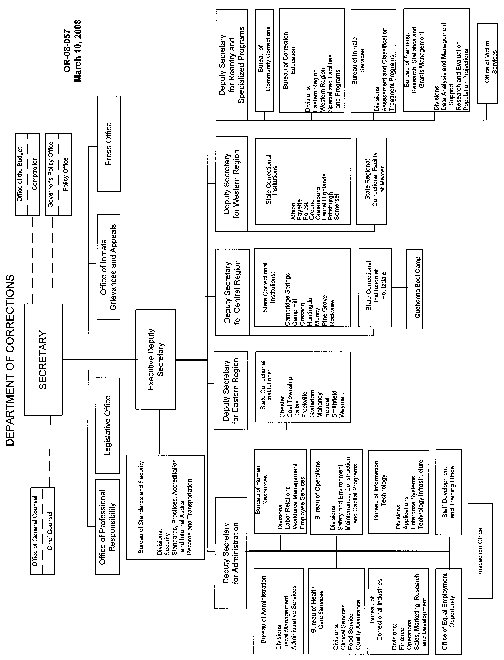
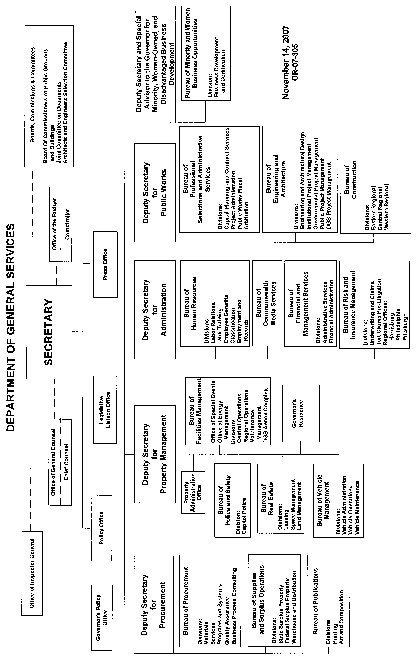
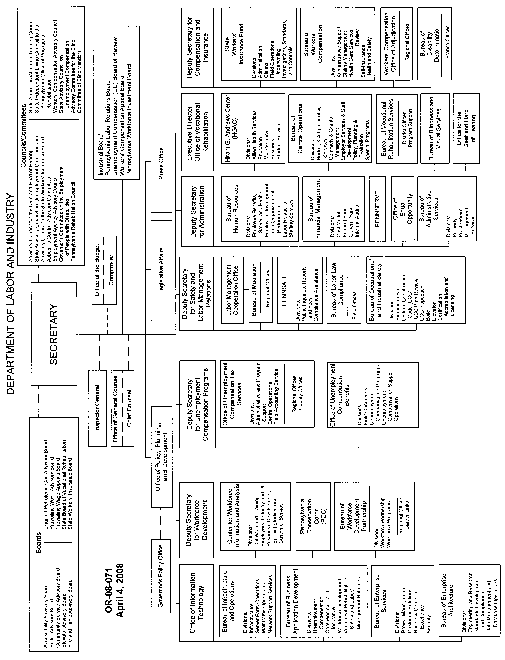
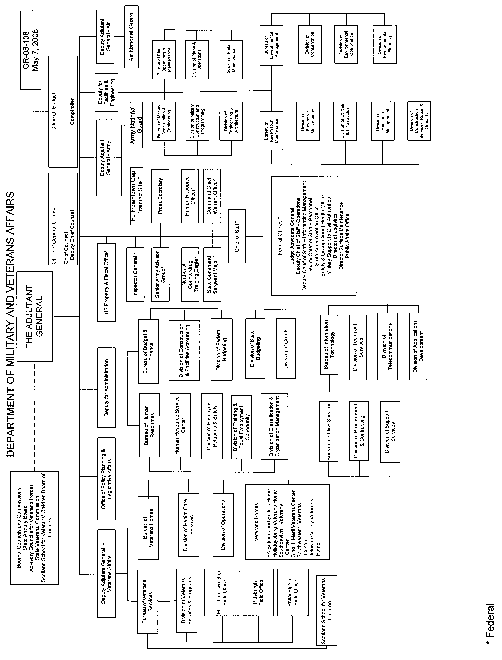
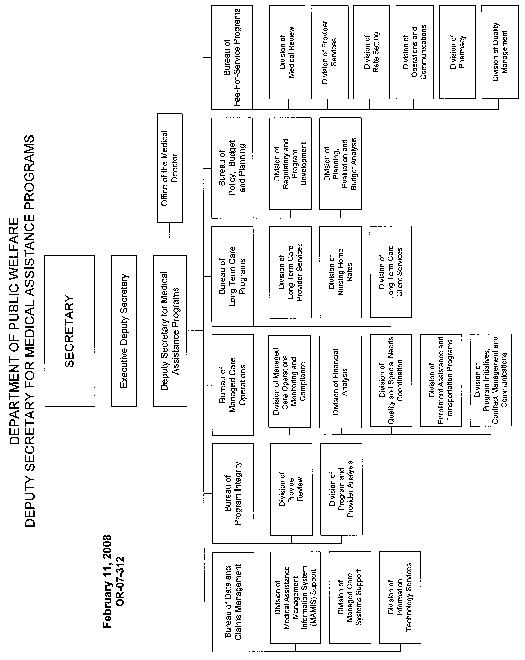
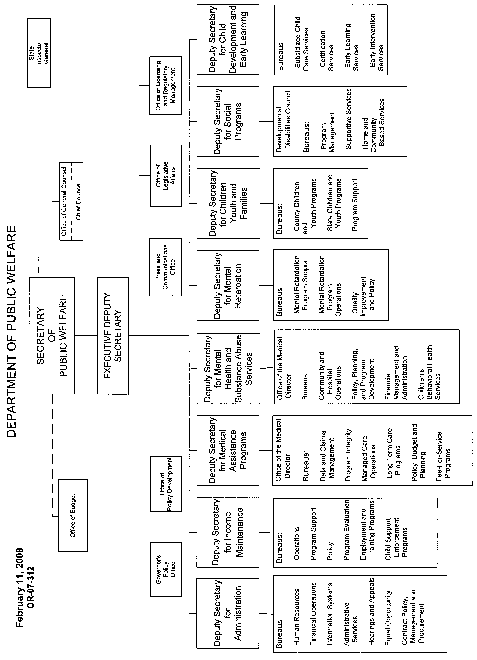
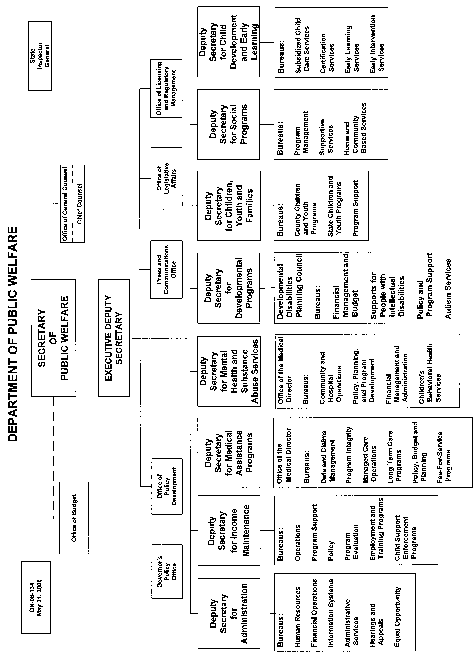
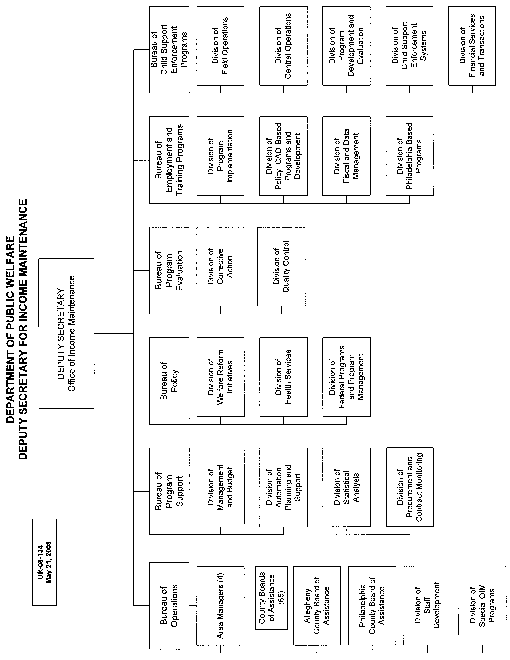
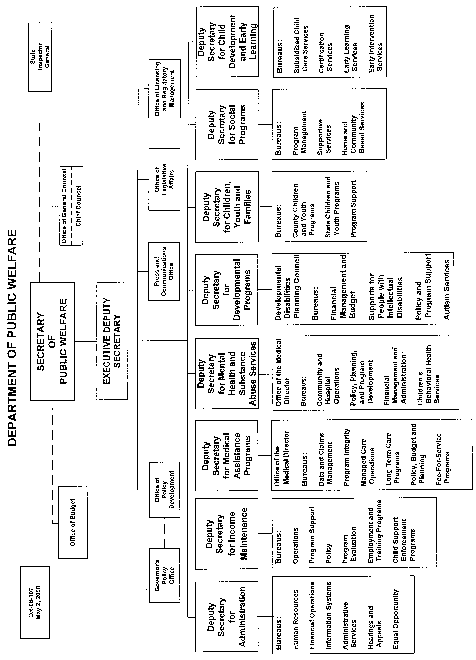
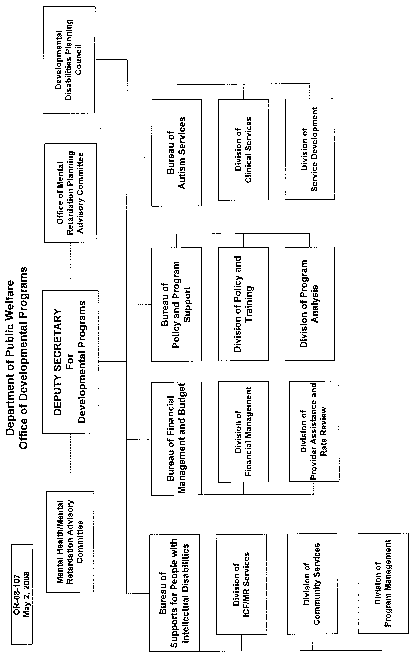
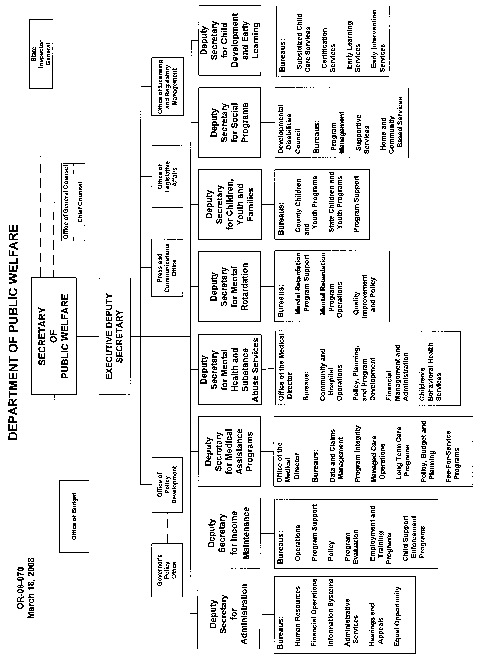
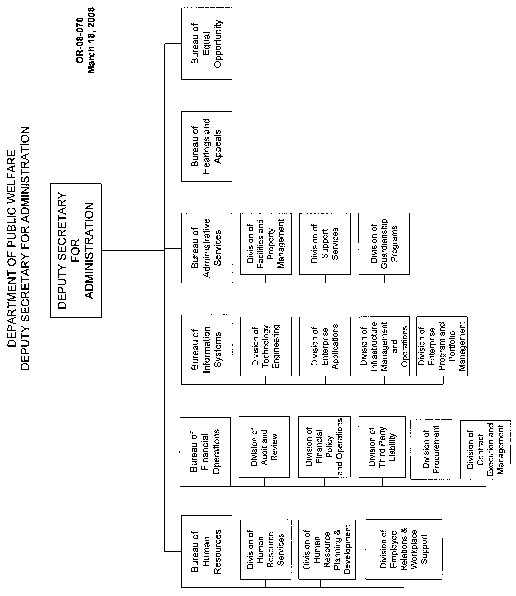
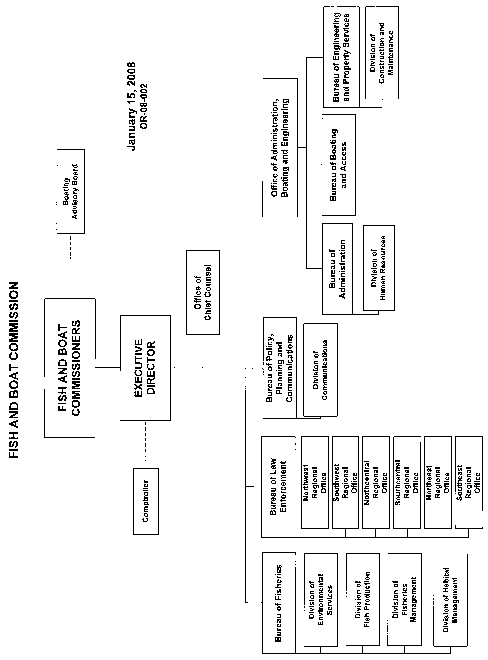
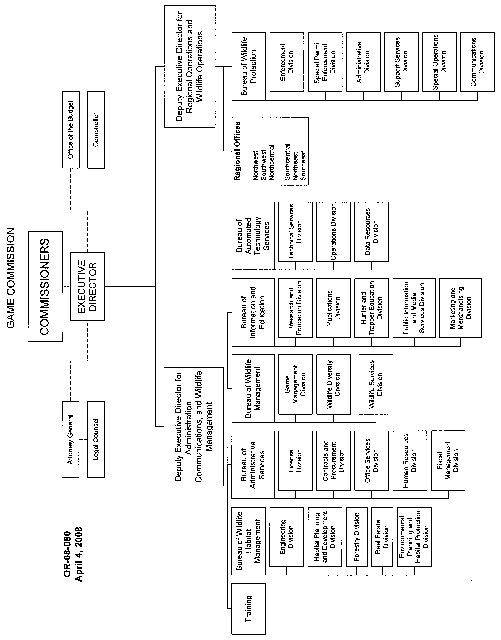
No part of the information on this site may be reproduced for profit or sold for profit.This material has been drawn directly from the official Pennsylvania Bulletin full text database. Due to the limitations of HTML or differences in display capabilities of different browsers, this version may differ slightly from the official printed version.